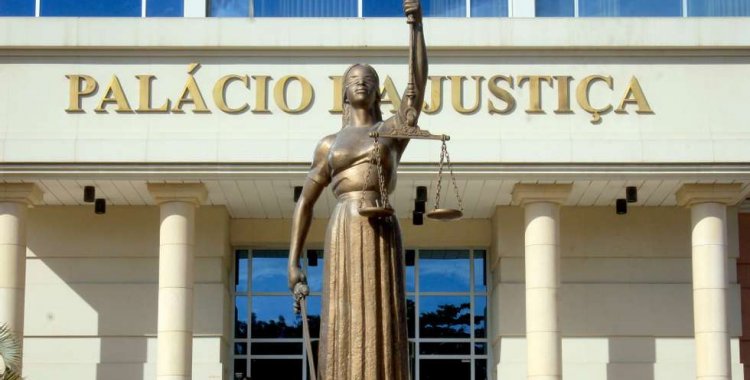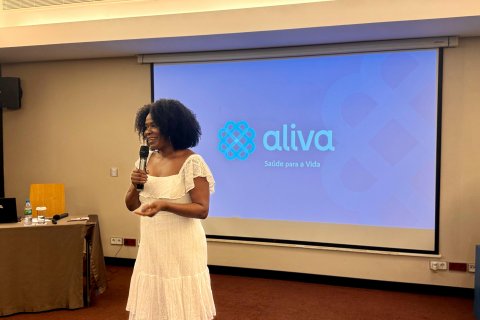The leader of the movement, José Mateus Zecamutchima, reported to Lusa on Tuesday that the trial, which began on Monday, was started without the presence of defense lawyers
In previous statements to Lusa, Zecamutchima said that around 40 members of this organization had been detained for a year in the provinces of Lunda Norte and Moxico and his lawyer, Zola Bambi, considered the procedural delay "unjustified".
According to Zola Bambi, the people were detained at different times, highlighting that two of them were detained in the municipality of Cuango, Lunda Norte, because they were caught reading the statutes of the Portuguese Protectorate Movement of Lunda Tchokwe.
The information released this Wednesday by the Superior Council of the Judiciary mentions that in one of the cases a defendant was sentenced by the Cuango court to the heaviest sentence (eight years in prison) for the crime of rebellion.
For the same practice, five more defendants were sentenced in another case to five years in prison and another man to six years.
According to the same press release, the defense was led in both cases by lawyer Yav Ngoyi and the defendants were accused by the Public Prosecutor's Office of association of criminals, armed rebellion and committing outrage against the State and its symbols.
The Lunda Tchokwe Protectorate Movement fights for autonomy in the Lundas region, in northeastern Angola. The autonomy of the Lundas region (Lunda Norte and Lunda Sul, in the east of the country), rich in diamonds, is claimed by this movement, which is based on a Protectorate Agreement signed between Lunda-Tchokwe natives and Portugal in the years 1885 and 1894, which would give the territory an internationally recognized status.
Portugal would have ignored the kingdom's condition when negotiating Angola's independence in 1974/1975 only with the liberation movements, according to the organization, which is not recognized by the State.







